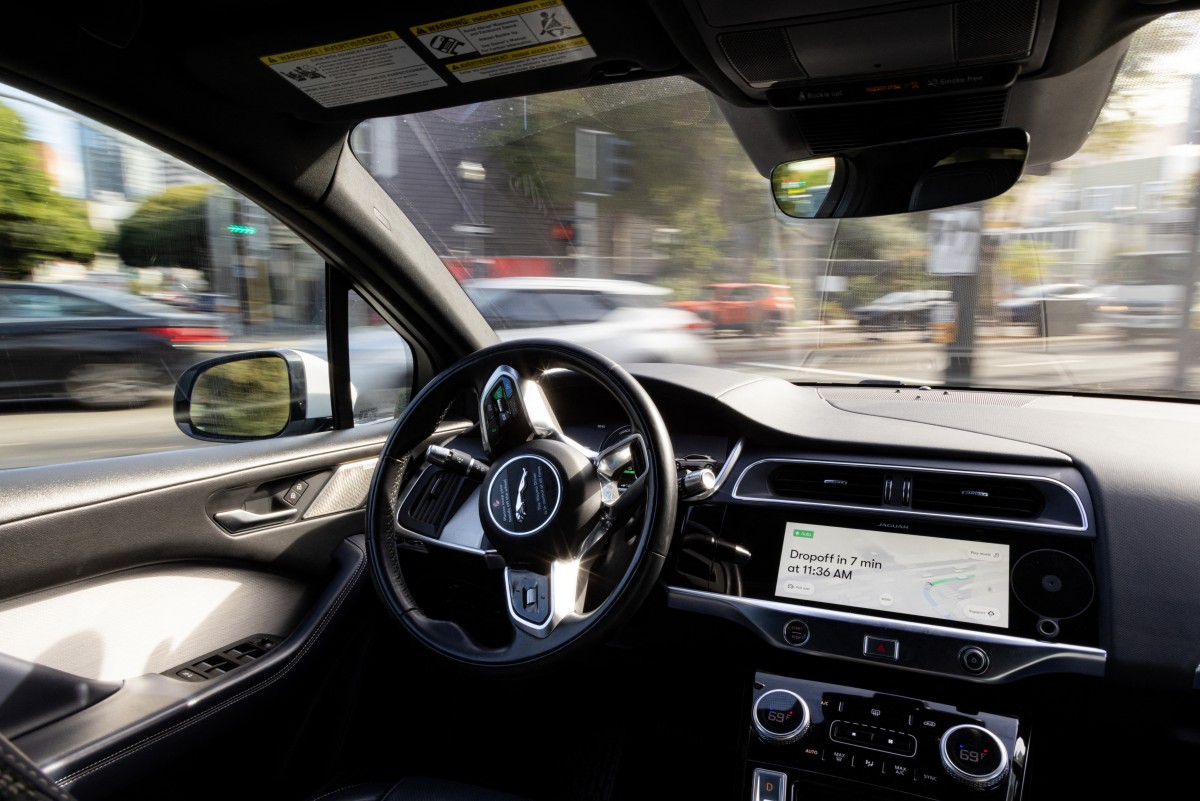Top German diplomat in Doha Lothar Freischlader has emphasized the importance of building upon existing collaborations in education, science, and innovation to support Qatar’s vision for a knowledge-based society.
In its efforts toward sustainable transportation, the German embassy is the first diplomatic representation in Doha to utilize an electric vehicle as a staff car.
Earlier this year, Lothar Freischlader, Germany’s Ambassador to Qatar, and Thomas Triller, Deputy Head of Mission responsible for economic affairs, met with representatives of the Autonomous e-Mobility Forum’s Executive Committee. The multilateral conference, hosted by Qatar’s Ministry of Transport and held under the patronage of Jassim Saif Ahmed Al Sulatiti, Minister of Transport, is scheduled from April 30, 2024, and is poised to be the pioneering exchange platform focusing on driverless e-mobility, a topic of global significance and urgency.
Providing the perspective of a leading technology exporter and traditional automotive nation, the diplomats shared their observations and views on Qatar’s trajectory as a hub for dialogue, Qatari-German relations, global collaboration for the common good, and the potential of autonomous e-mobility moving forward.
Qatar: a hub for events and communication
Reflecting on Qatar’s success in hosting the FIFA World Cup, Ambassador Freischlader, who has extensive experience in the Middle East, initiated the conversation by emphasizing the country’s pivot towards becoming a center for international exchange.
He highlighted the World Cup 2022 as an exciting, transformative event that showcased the country’s organizational prowess and infrastructure development to a global audience. Additionally, he underscored Doha’s long-standing commitment to hosting a variety of high-level events such as the Doha Forum, Qatar Economic Forum, and others.
Similarly, the Ambassador pointed out Doha’s role as the venue for numerous important diplomatic talks, facilitated by its efficient airport, global connectivity, and excellent conference infrastructure.
Opportunities for deeper collaboration
Continuing the sentiment, Freischlader emphasized the importance of building upon existing collaborations in education, science, and innovation to support Qatar’s vision for a knowledge-based society. He noted that while the number of Qatari students in Germany or vice versa is relatively low, there is significant potential for improvement in educational and cultural exchanges. He highlighted the importance of Qatar National Vision 2030 and the recently adopted Third National Development Strategy 2024-2030 as points of contact for collaboration. Freischlader also emphasized Germany’s role as an important center for science and research, offering attractive opportunities for young people worldwide.
Multilateral cooperation on climate change
Asked about the likelihood of genuine, meaningful collaboration on a global scale despite commercial and political competition in the face of urgent global challenges like climate change, H.E. underscored the significance of continued multilateral efforts, referring to successes such as the Paris Agreement and the recent international alignment at the UN Climate Change Conference COP 28 in Dubai. Despite challenges stemming from divergent national interests, capacities, and responsibilities, Freischlader remains optimistic about the validity and efficacy of multilateral approaches.
He cited Berlin’s proactive climate foreign policy, rooted in European and multilateral frameworks, as evidence of the potential for collective action. “Genuine global cooperation on climate change is not only possible but actually happening,” he affirmed.
Driverless e-mobility: Here, the glass is always half full
Anticipating the Autonomous e-Mobility Forum, Deputy Head of Mission Triller, who spent most of his career in the Far East before being stationed in Doha, discussed the challenges and prospects of e-mobility, considering it a vital frontier. “E-mobility and autonomous driving face great challenges, but also great opportunities. We can hardly expect truly autonomous vehicles in the streetscape before 2030,” he noted.
Juxtaposing German know-how and brand value with the rapid advancements propelled particularly by China, Triller considers customer acceptance and evolving consumer preferences ultimately decisive in shaping the e-mobility landscape. While acknowledging the effectiveness of Asian competitors, Triller remains bullish on the enduring appeal of German automotive brands and expertise.
With a focus on Qatar, Triller pointed to the country’s outstanding infrastructure, excellent data capacity and usage, as well as its “very technology-friendly population that is very receptive to novelties, including in regards to road traffic,” potentially positioning the Gulf state as an ideal testing ground for new, cutting-edge mobility solutions.
Echoing this notion, Ambassador Freischlader provided deeper insights into his own impressions: “Qataris and everyone in the region are highly tech-savvy people. They are enthusiastic about technology. When there are new developments, whether on this topic, in medical advancements, or anything else, people here are ready to embrace it. The first question asked here is: What opportunities does this offer me?”
He concluded: “In Germany, and also other parts of Europe, the question is more about: What are the risks and side effects? Is the glass half full or half empty? Here, it is always half full. This mindset triggers something, influencing the population’s thinking and affecting the opportunities that arise in such a market. When there is openness, willingness, and affinity, you are more likely to succeed with such developments and achieve good, positive results.”








